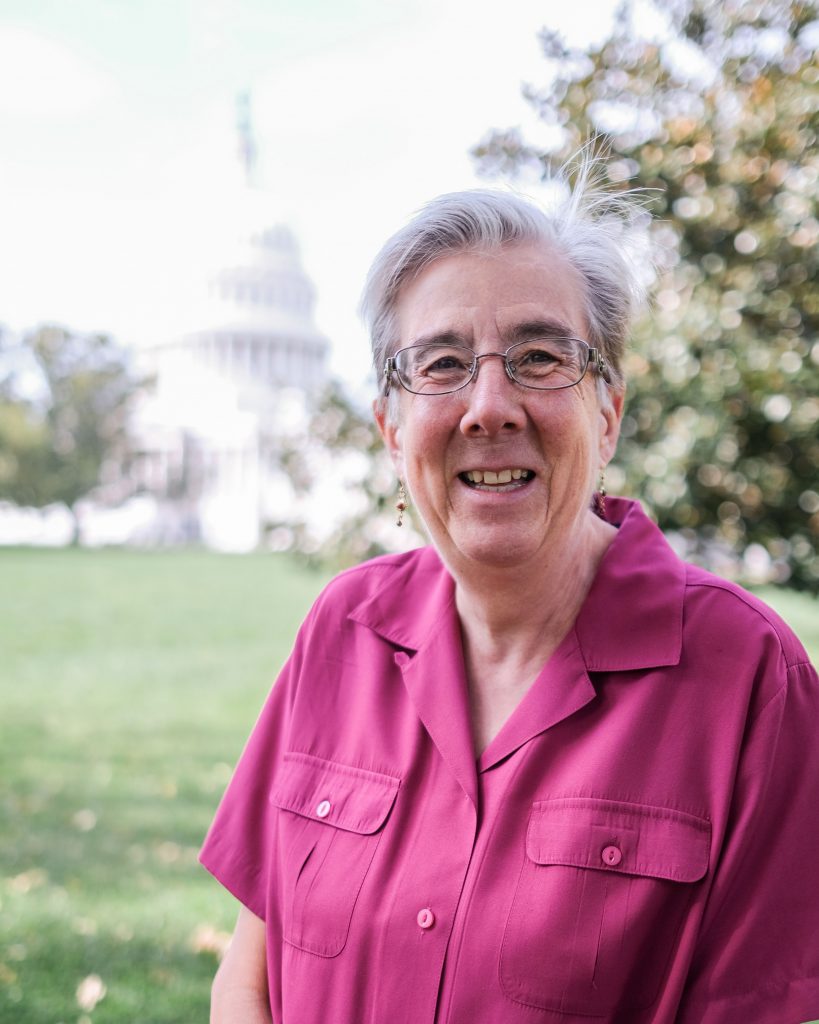Unprecedented Times
A unique time such as this requires a unique response. The Justice and Peace Action Network struggled to find one area to address for our Getting to the Root, so we decided to instead share reflections we are each considering in this uncertain time. We hope this allows you to feel a sense of connection to us, and that you may receive some comfort in knowing we are all dealing with things a little differently; and that’s ok.
Sandy Sorensen, Director of the UCC D.C. Office
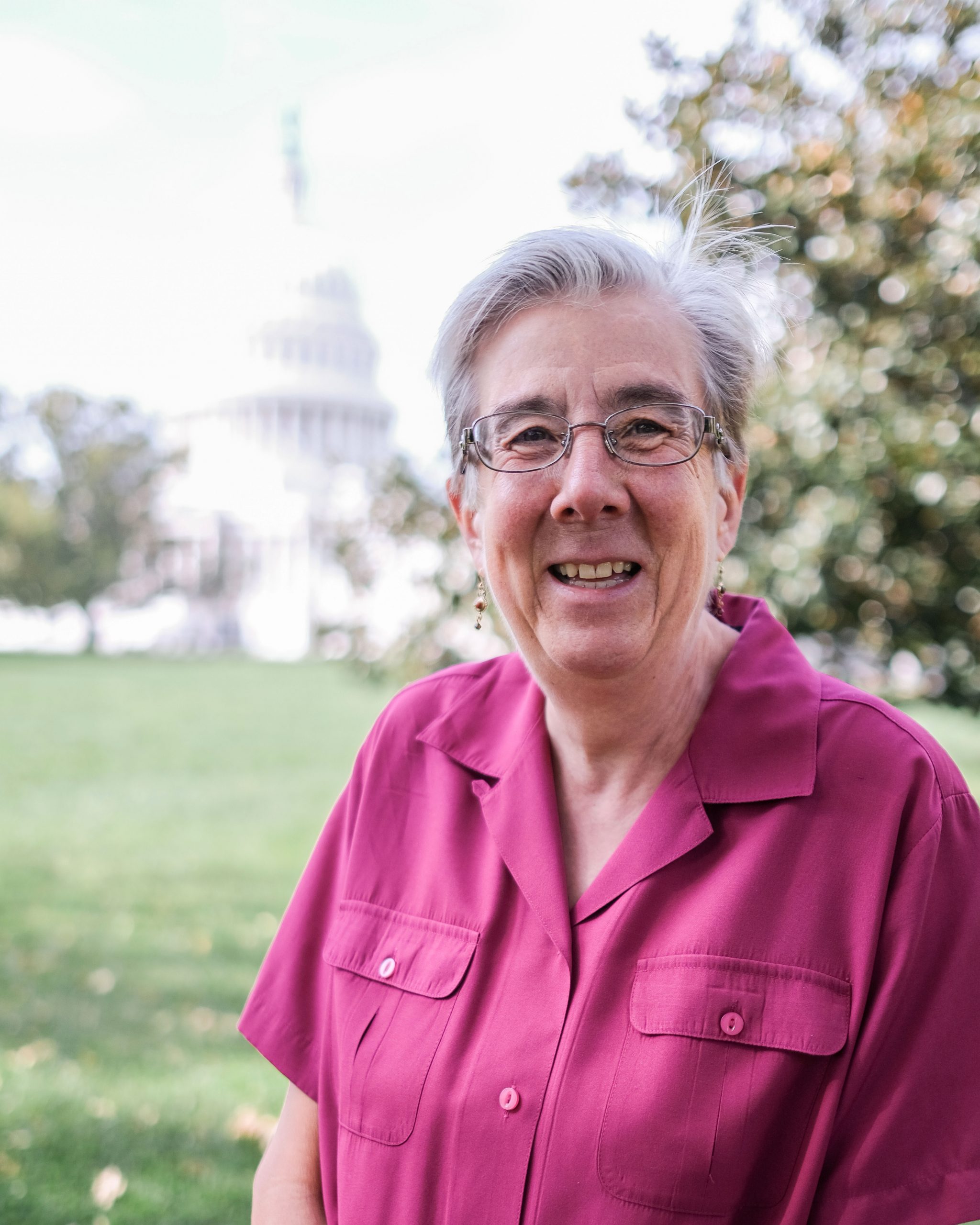 The COVID-19 pandemic is a stark and jarring reminder of the words of Martin Luther King, Jr.: “We are caught in an inescapable network of mutuality, tied in a single garment of destiny. Whatever affects one directly, affects all indirectly.” As people of faith, we know from the Scripture that connectedness and the common good are part of our DNA. We have a truth to tell and a story to share about what it means to care for every neighbor. And we often have to push back against a dominant narrative that lures us to resist what we know about connectedness, a scarcity narrative that tries to convince us that there is only one pie and we have to fight for our slice. Faith teaches us that we have the capacity to bake more pies.
The COVID-19 pandemic is a stark and jarring reminder of the words of Martin Luther King, Jr.: “We are caught in an inescapable network of mutuality, tied in a single garment of destiny. Whatever affects one directly, affects all indirectly.” As people of faith, we know from the Scripture that connectedness and the common good are part of our DNA. We have a truth to tell and a story to share about what it means to care for every neighbor. And we often have to push back against a dominant narrative that lures us to resist what we know about connectedness, a scarcity narrative that tries to convince us that there is only one pie and we have to fight for our slice. Faith teaches us that we have the capacity to bake more pies.
As a young girl, Dorothy Day witnessed the tragedy of the 1906 San Francisco earthquake, and made this observation: yes, in a disaster, people fall apart, but they also fall together. She saw that people were capable of this all along. The challenge for us in this pandemic, as it has been in past disasters and catastrophic events, is how do we stay woke to this connectedness to the common good every day.
Bentley deBardelaben-Phillips, Executive Associate, Justice and Local Church Ministries
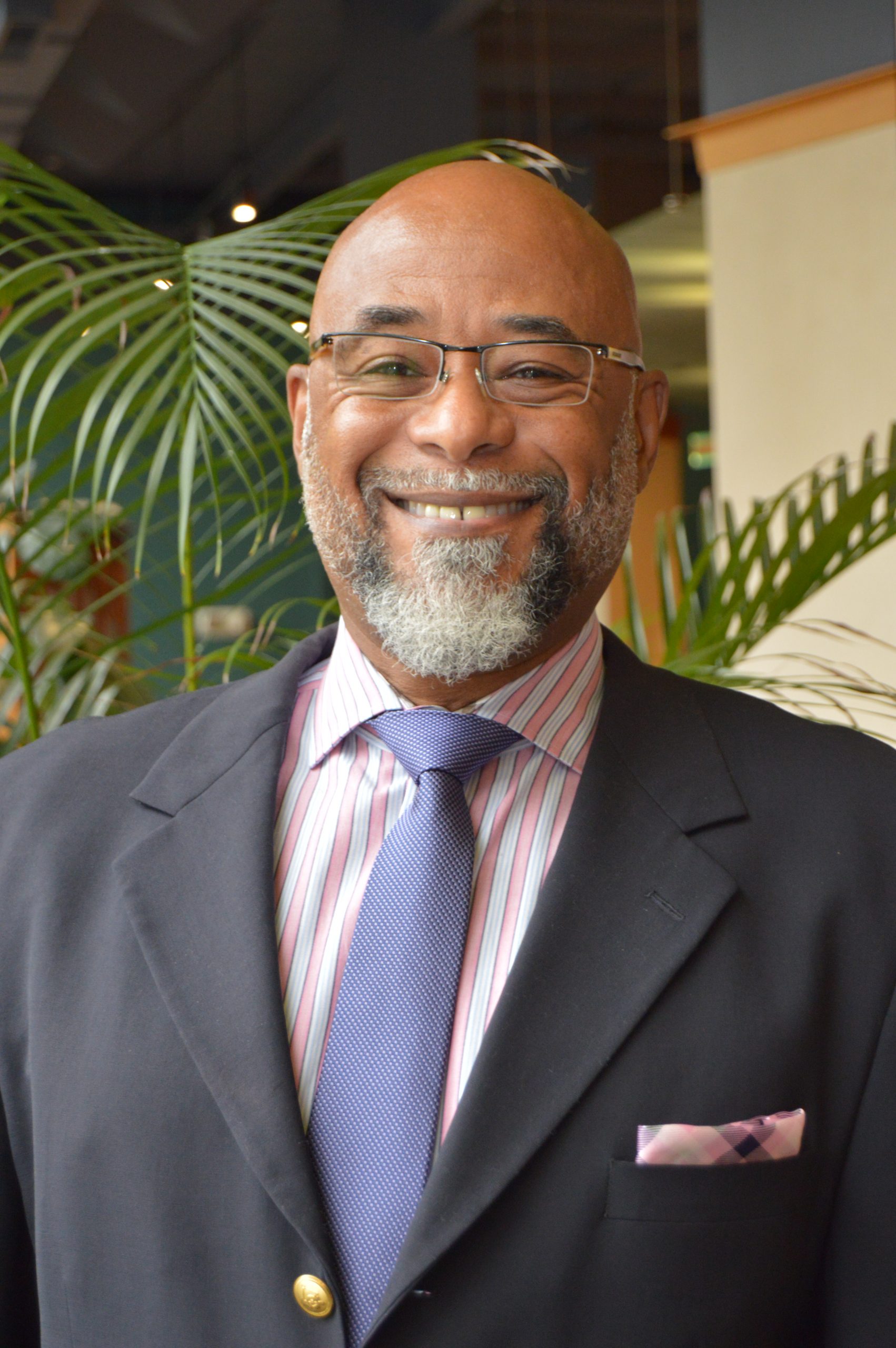 During this time of national/global pandemic, I have been attentive to try to not allow myself to become usually anxious. Prior to this disaster, my daily routine was to try to address naturally occurring stressors through prayer, meditation, and exercise. Yet with this present crisis dominating the airwaves, internet, magazines and newspapers, it’s difficult for me to maintain a calm spirit. It has become a must for me to pause, take a deep breath or two, move around in my office or home to stretch my muscles, or even take a 10 minute walk outside if possible. These I have chosen to do, in order for me to stay better grounded for my family, staff, and self.
During this time of national/global pandemic, I have been attentive to try to not allow myself to become usually anxious. Prior to this disaster, my daily routine was to try to address naturally occurring stressors through prayer, meditation, and exercise. Yet with this present crisis dominating the airwaves, internet, magazines and newspapers, it’s difficult for me to maintain a calm spirit. It has become a must for me to pause, take a deep breath or two, move around in my office or home to stretch my muscles, or even take a 10 minute walk outside if possible. These I have chosen to do, in order for me to stay better grounded for my family, staff, and self.
For better or worse, there is simply too much information pertaining to Covid-19 for any one person to attempt to digest. Thus, I have chosen as my practice to go to a source(s) with whom I have confidence to keep me up to date with what is most urgent for me to know as I begin and end each workday. The total amount of time spent on this daily routine to ingest information about this nondiscriminating disease is 60-75 minutes. That’s it!
Last, but certainly not least, as a person of faith, I turn to God for comfort. I achieve this through readings in the bible as well as other books, music, and setting in stillness in hopes of centering my soul. Only by doing one or a combination of the things that I’ve mentioned throughout this piece am I able to maintain my sanity which is more important than ever if I am to emotionally, spiritually, and physically survive these challenging times.
While I know my way of handling this situation may be different than how others may choose to address it, it works for me. May it offer you insight, comfort, and peace until we no longer need this mechanism to cope.
Rebekah Choate, Associate for Global Advocacy and Education, Global Ministries
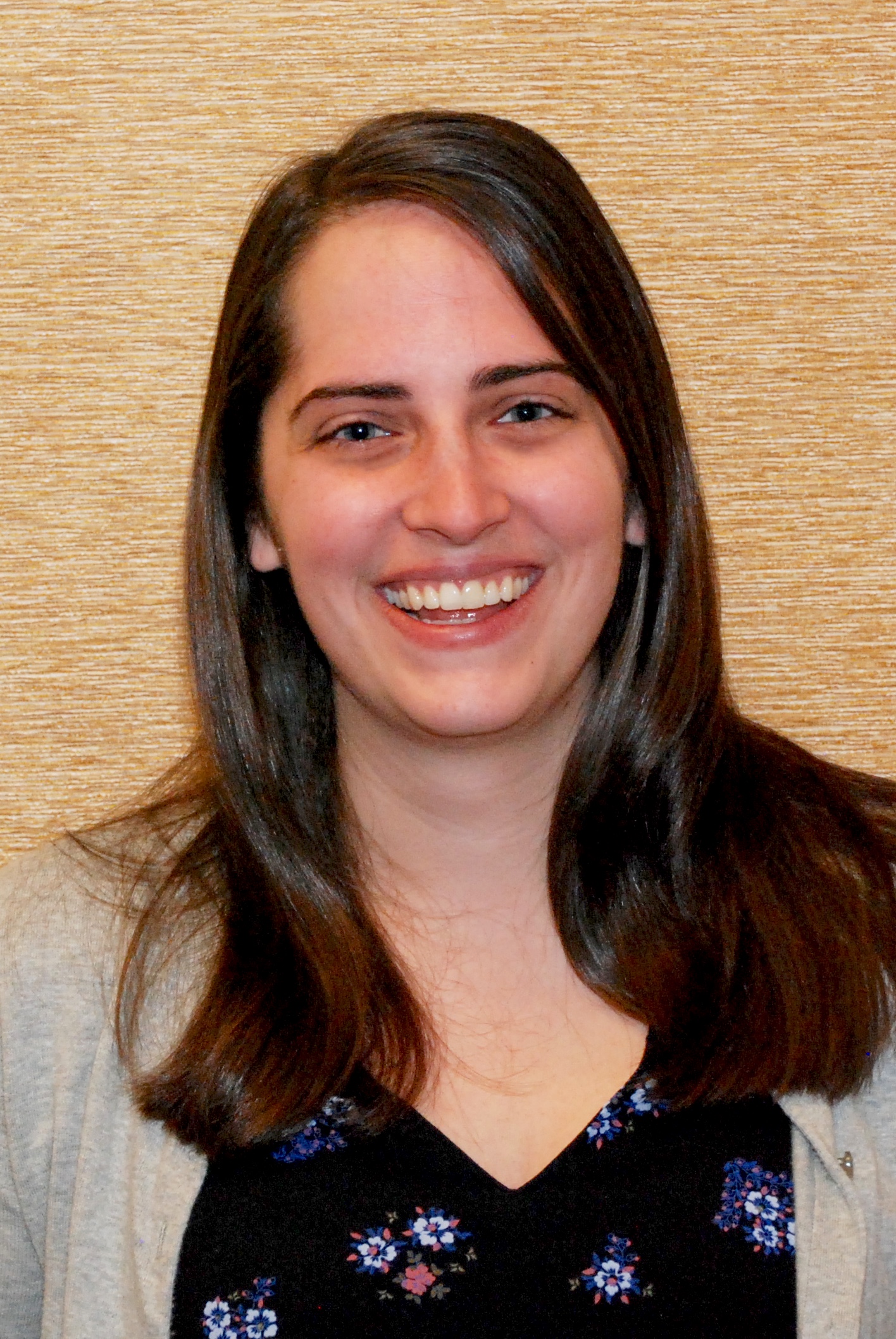 In this time we are all facing, I’m thinking of my family and our health and access to needed services and items. I’m also thinking about my neighbors – actual next-door neighbors as well as others in my city, county, state, country, and around the world. I’m saying hi to the people who live next door to me through our fence and making sure they are doing alright. I’m remembering the folks I met in Southern Asia at the end of January who live on a daily wage and whose houses may or may not have running water or access to sanitation facilities. How do they survive a stay-at-home order when they can’t stock up on supplies or wash their hands frequently? I’m thinking about the people in refugee camps – formal and informal – as well as those housed in detention centers where a disease outbreak can spread like wildfire. How do I raise my voice for those who are impacted more heavily during this time? How do I keep my spirits and energy up? How do I know when I need to take a break and step away from the news?
In this time we are all facing, I’m thinking of my family and our health and access to needed services and items. I’m also thinking about my neighbors – actual next-door neighbors as well as others in my city, county, state, country, and around the world. I’m saying hi to the people who live next door to me through our fence and making sure they are doing alright. I’m remembering the folks I met in Southern Asia at the end of January who live on a daily wage and whose houses may or may not have running water or access to sanitation facilities. How do they survive a stay-at-home order when they can’t stock up on supplies or wash their hands frequently? I’m thinking about the people in refugee camps – formal and informal – as well as those housed in detention centers where a disease outbreak can spread like wildfire. How do I raise my voice for those who are impacted more heavily during this time? How do I keep my spirits and energy up? How do I know when I need to take a break and step away from the news?
I’m also trying to imagine what the other side of this pandemic could look like. Will we have more compassion and empathy for others? Will we reach our hands out to help others or will our borders remain closed and fences remain up? Will we have a system where healthcare is guaranteed to everyone and our low wage workers treated as the essential part of the system we see them as now? We are living through something that has never been seen before. How will it change us?
Katie Adams, Domestic Policy Advocate
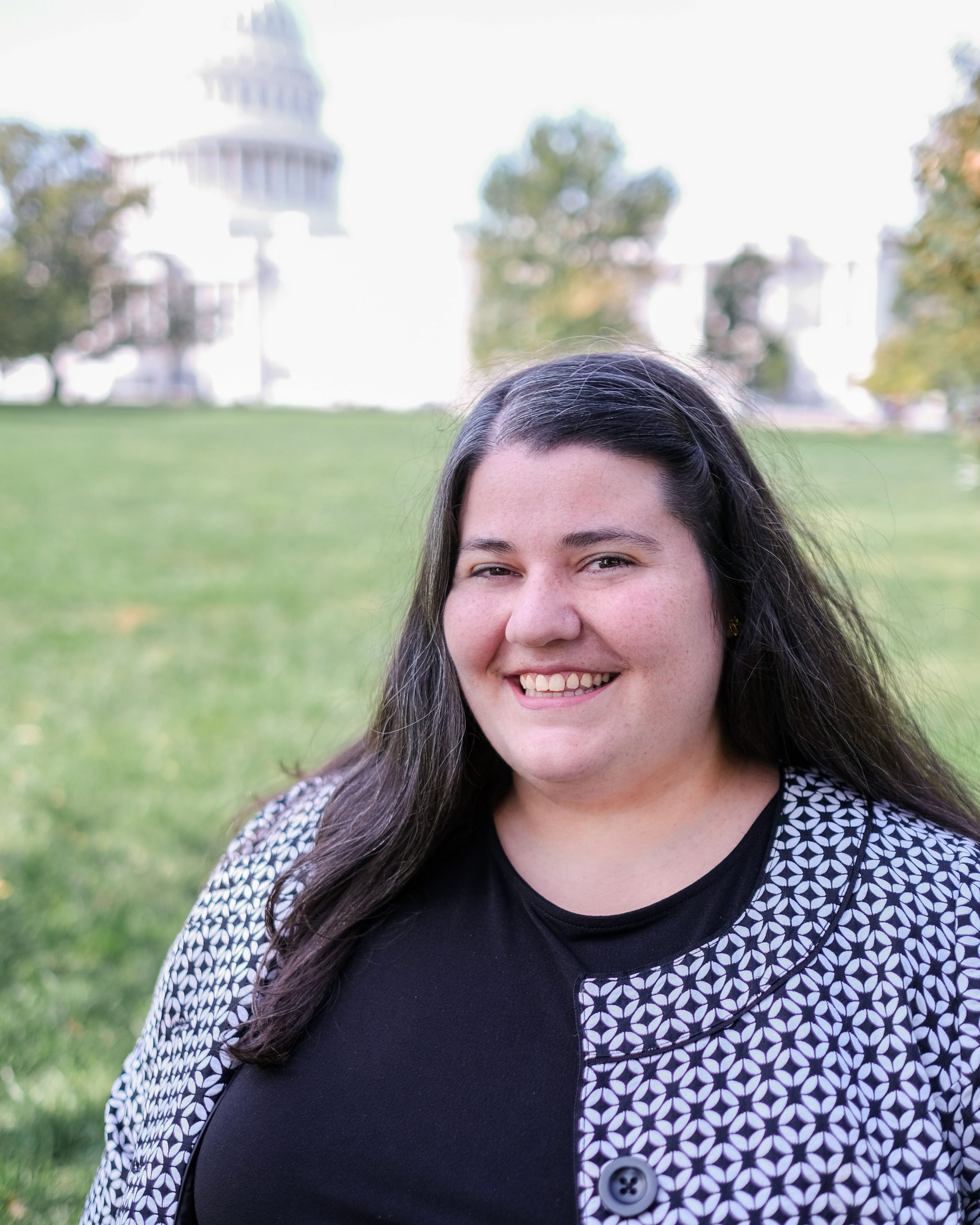 I feel a bit like Frodo from Lord of The Rings right now. Content to just live life in my own little corner of Hobbiton (or in my case Washington D.C.) and all of the sudden this unknown and unsettling task is thrust in my path – leading to who knows where, and to what end. One of my favorite lines is when Frodo says, “‘I wish it need not have happened in my time,” and Gandalf replies gently, and honestly, “‘So do I…and so do all who live to see such times. But that is not for them to decide. All we have to decide is what to do with the time that is given us.’”
I feel a bit like Frodo from Lord of The Rings right now. Content to just live life in my own little corner of Hobbiton (or in my case Washington D.C.) and all of the sudden this unknown and unsettling task is thrust in my path – leading to who knows where, and to what end. One of my favorite lines is when Frodo says, “‘I wish it need not have happened in my time,” and Gandalf replies gently, and honestly, “‘So do I…and so do all who live to see such times. But that is not for them to decide. All we have to decide is what to do with the time that is given us.’”
A lot is being asked of us – a breathtaking level of courage and bravery on the part of so many. We are being called upon to be selfless in trying times, and to dramatically reshape the rhythm of our lives in swift wrenching changes. We are having to hold a great swell of grief for what was to be, what was lost, and what never was.
Holding all of this for each of us looks different, but it’s a big weight to hold. What is interesting about Gandalf’s response to Frodo, is what I think a lot of people of faith are thinking about too. How do we now respond to the circumstances we find ourselves in? With fear? That’s natural. With hoarding and selfishness? We’re seeing a fair amount of that. Do we respond with compassion to ourselves and others? Our call as people of faith to love our neighbor, welcome the stranger, and be Christ in the world does not change, in the face of this daunting future. So, here, we as advocates in D.C. will keep making sure that Congress thinks about and takes care of the very vulnerable among us, including those who are in detention, incarcerated, those experiencing homelessness and poverty, those in underserved communities. To do that, we’ll still need your voices, your call for compassion and moral courage. Not knowing what the future looks like, or even the next time you can venture into the world is a deeply unsettling unknown. But we can anchor ourselves in knowing what we are called to do, no matter what,
Micah 6:8 New International Version (NIV)
“He has told you, O mortal, what is good;
and what does the Lord require of you
but to do justice, and to love kindness,
and to walk humbly with your God?”
Rev. Michael Neuroth, International Policy Advocate
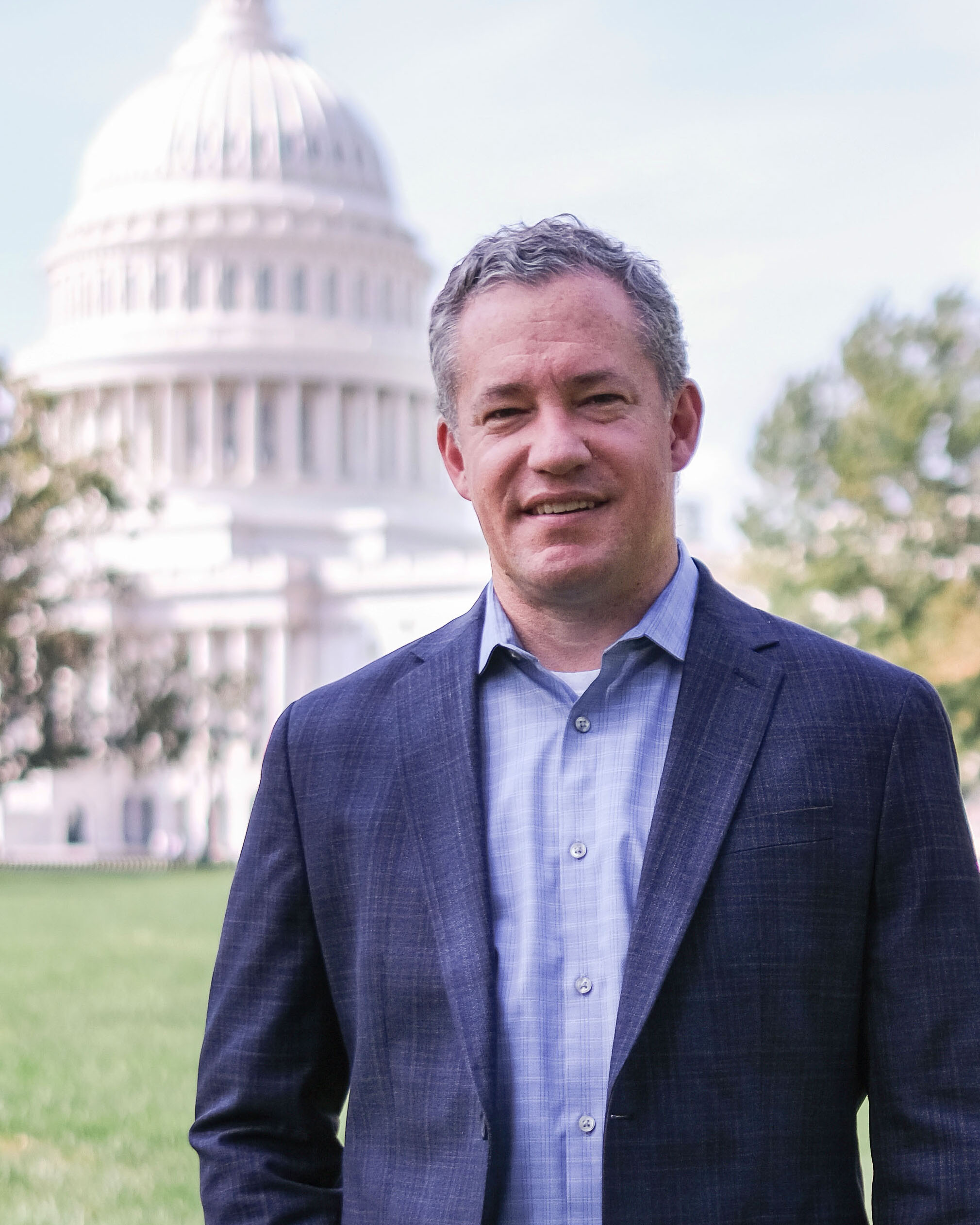 I’ve read recently several social media posts or articles that have referred to our current COVID-19 crisis as an apocalyptic event. I am seeing it more and more in that same way. That is apocalyptic not in the “end times” sense, but in the literal meaning as revelation. This is a moment of revelation, and what it exposes is twofold. On the positive side, it is highlighting just how interconnected we are as people, as a global community. At the same time, it is also revealing the dire inequality in local communities as well as deep disparity around the world.
I’ve read recently several social media posts or articles that have referred to our current COVID-19 crisis as an apocalyptic event. I am seeing it more and more in that same way. That is apocalyptic not in the “end times” sense, but in the literal meaning as revelation. This is a moment of revelation, and what it exposes is twofold. On the positive side, it is highlighting just how interconnected we are as people, as a global community. At the same time, it is also revealing the dire inequality in local communities as well as deep disparity around the world.
We know that the virus will have a disproportionate impact on the most vulnerable. That goes for both individuals as well as countries. As wealthy nations roll out stimulus packages, ramp up protective gear manufacturing, and divert resources to cities in need, poor countries lack the infrastructure and capital needed to respond in kind. India is now on lockdown, which has sparked a massive migration of laborers who do not fear disease, but hunger. Mexico and other Latin American nations are underprepared, and in some cases, leaders are dismissing the crisis. Africa may face the greatest crisis given poverty rates and lack of medical resources.
As the Prime Minister of Ethiopia noted in a recent article in the Financial Times, if we allow the virus to exist anywhere, travelers will bring it back to countries that had previously had it under control. Only if we embrace our call to uphold the common good, as called for in UCC General Synod Resolutions, will we have hope of ending this crisis. Some positive steps have been taken, such as the World Bank and IMF announcing increased debt relief and lending, but more will be needed. Let us live more fully into the vision of the common good, seeking a renewed sense of global solidarity and a commitment to ceasefire from any conflict that is not war against COVID-19.
Madison Mayhew, Justice and Peace Policy Fellow
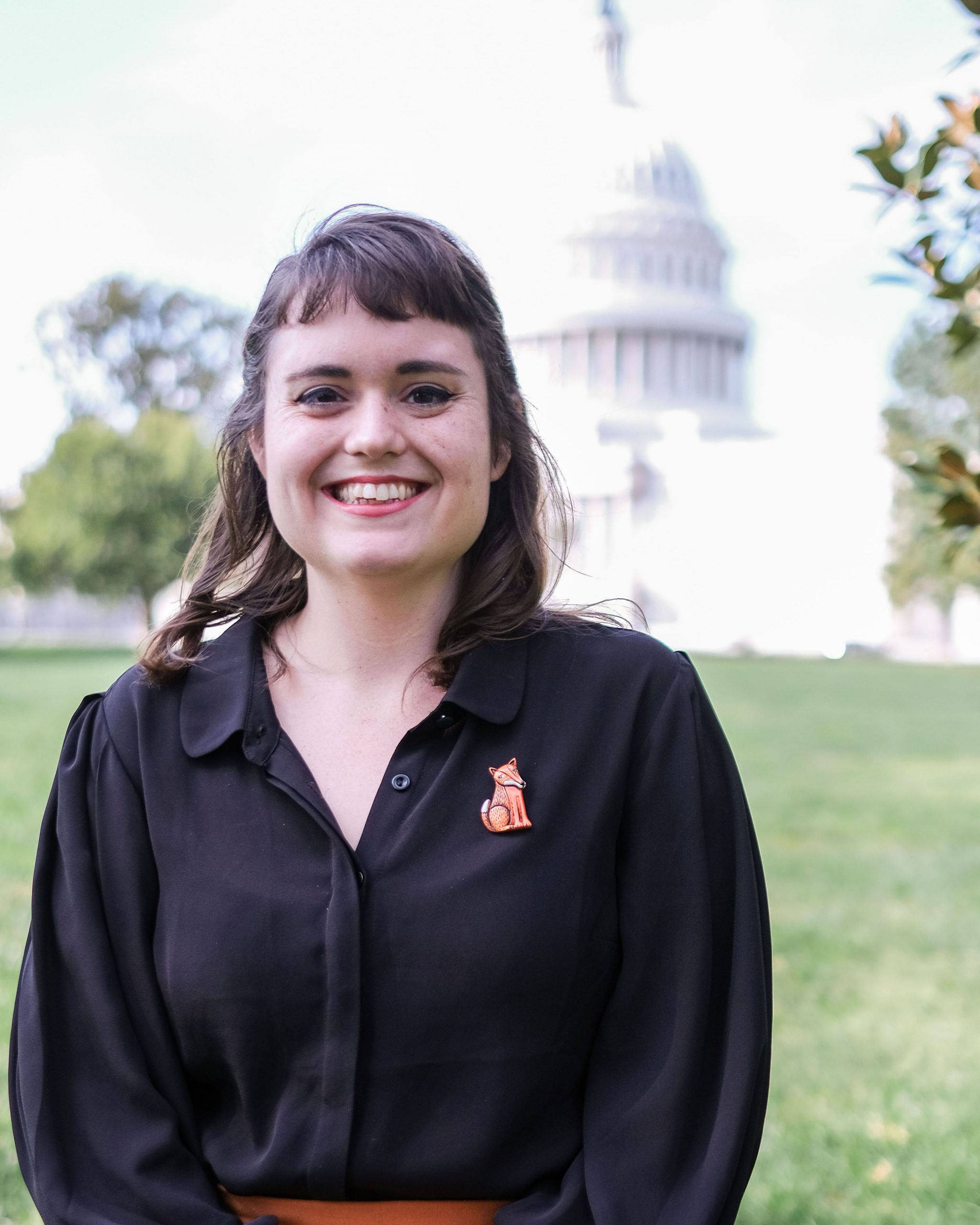 While many of us have been grieving the loss of this new season, I cannot stop thinking about individuals who are giving everything they have, stretching themselves and working incredibly long hours to help create solutions, provide essential services and ensure needs are met on every level. I’m thinking of my friends in Washington D.C. who are congressional staffers and advocates supporting the efforts around federal aid, working behind the scenes to ensure those most impacted are not left out. I’m thinking of our incredible medical workers, neighborhood postal workers, delivery drivers and grocery clerks who provide us with essential materials and resources while carrying such immense stress in the face of physical exhaustion.
While many of us have been grieving the loss of this new season, I cannot stop thinking about individuals who are giving everything they have, stretching themselves and working incredibly long hours to help create solutions, provide essential services and ensure needs are met on every level. I’m thinking of my friends in Washington D.C. who are congressional staffers and advocates supporting the efforts around federal aid, working behind the scenes to ensure those most impacted are not left out. I’m thinking of our incredible medical workers, neighborhood postal workers, delivery drivers and grocery clerks who provide us with essential materials and resources while carrying such immense stress in the face of physical exhaustion.
I am in awe of the creative ways in which people are coming together to use the materials and networks they have to create products to help the greater good – engineers around the world working together to design PPE gear, fashion designers making masks, artists creating videos to teach children, it’s all truly amazing.
At the same time, I am also thinking of everyone else. We’re all facing this differently. For some of us, simply getting out of bed in the morning is the bravest thing we can do at that particular moment. We’re all processing something unlike anything we’ve ever known and it’s hard. How can we hold space for one another during this time? How can we celebrate each other and hold onto joy in the midst of so much suffering?
Jessi Quinn, Online Communications Specialist
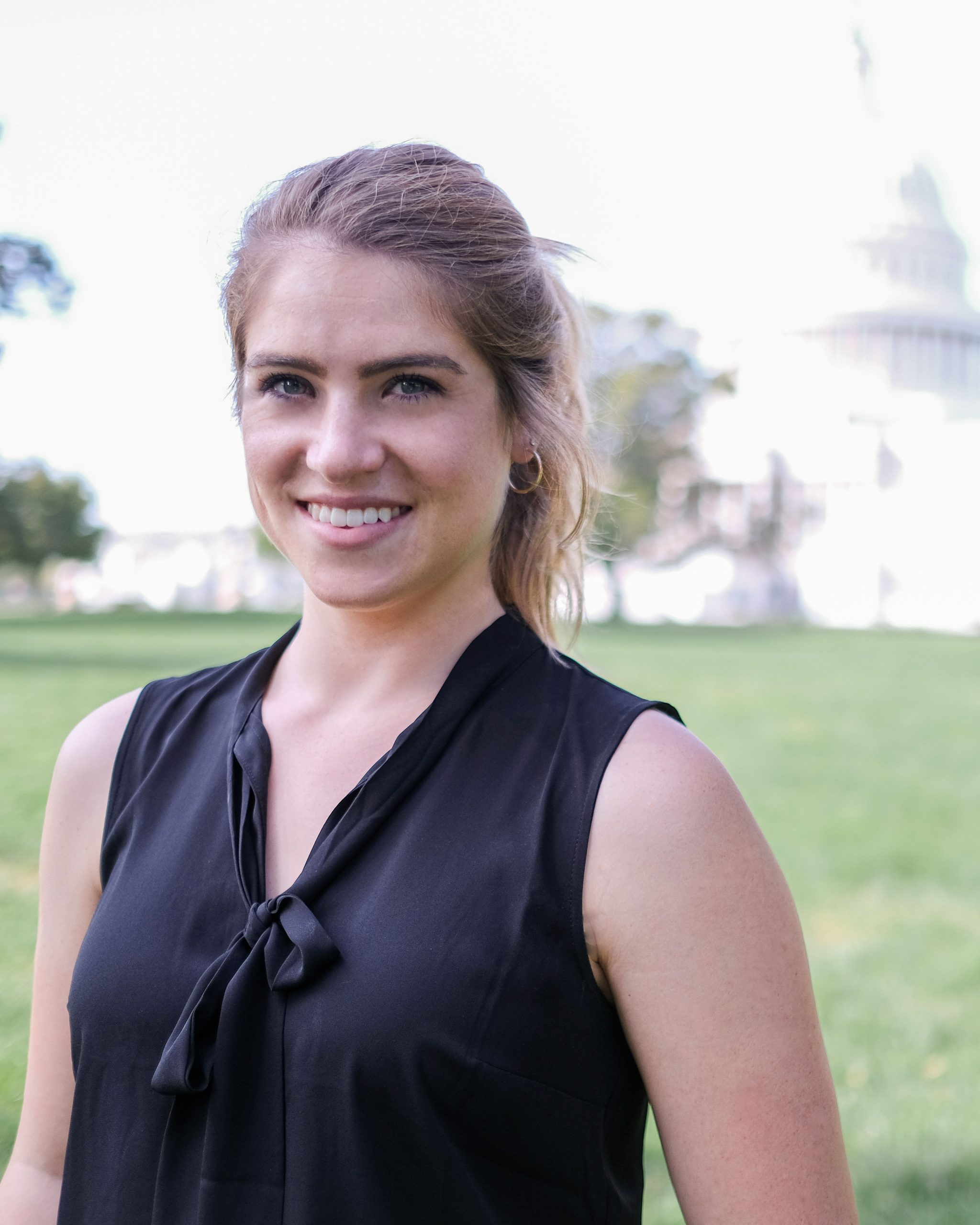 “But God has put the body together, giving greater honor to the parts that lacked it, so that there should be no division in the body, but that its parts should have equal concern for each other. If one part suffers, every part suffers with it; if one part is honored, every part rejoices with it.”
“But God has put the body together, giving greater honor to the parts that lacked it, so that there should be no division in the body, but that its parts should have equal concern for each other. If one part suffers, every part suffers with it; if one part is honored, every part rejoices with it.”
-1 Corinthians 12:24-26
Each week when Justice and Witness Ministries sends out an action alert, I get to watch the response. I get to see who has contacted their legislators, and where. Recently, despite this scary and tumultuous time, something really amazing has been happening. I have watched the number of advocates each week creep slowly higher and higher. In the midst of a crisis, when we are all dealing with a myriad of difficult emotions, people are stepping up and advocating for others. Demanding paid sick leave during this pandemic, urging legislators to consider the most vulnerable when drafting legislation, encouraging a lift in global sanctions to ensure everyone can have access to the supplies they need, each action has seen numerous ‘first-time’ advocates. To all of you I say; thank you. Thank you for using your voice for others when their voices were not being heard, thank you for using this time to tell legislators this is not business as usual, and thank you for giving this Online Communications Specialist hope and joy in an uncertain time. If I have learned anything from current events, it is how truly connected we all are. Each of us is dealing with our own struggles, but let us remember that as we struggle together, so too can we join together to honor and rejoice our shared humanity and value in the eyes of God.
With prayers of healing and hope,
The Justice and Peace Action Network Editorial Board
Related News
Resiliency, Resolve, and Righteous Resistance
As we enter Black History Month amid ongoing headlines of state-sanctioned violence, the...
Read More“When the Work Begins”
We in the UCC Office of Public Policy & Advocacy are excited to share with you some hopes...
Read More2025 JPANet Sign-Off Letter
As the UCC Office of Public Policy & Advocacy looks back on 2025, we do so with gratitude,...
Read More